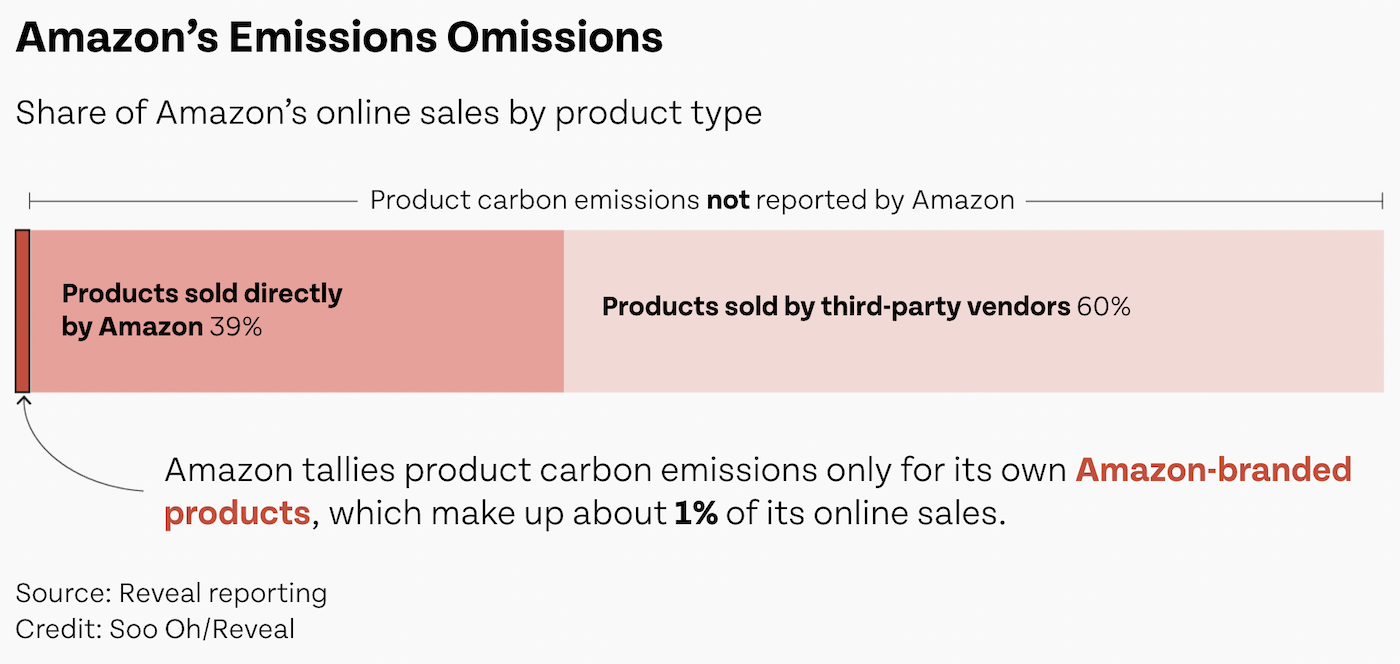Are Sustainability and Capitalism Compatible?
Written by Hailee Settlemoir
Recently, there has been a call to action for our economic systems to enhance environmental wellbeing. However, capitalism has run rampant for hundreds of years, and left a destroyed world in its wake. These two important movements in human behavior are now running a rabbit race- can we be sustainable while still partaking in capitalistic behaviors? This is a question that plagues me, not just as a concerned citizen, but as a sustainability management major in university. So today, I am to answer the following question: can sustainability live harmoniously along capitalism.
Capitalism is an economic and political system in which a country's trade and industry are controlled by private owners for profit, rather than by the state. Sustainability as a practice is defined as the “avoidance of the depletion of natural resources in order to maintain an ecological balance. Capitalism is draining of any natural capital or resources that it can benefit from, which is a direct attack on what sustainability stands for. Additionally, overconsumption and production of these capitals are more important to the survival of capitalism than any movement toward sustainable practice. Another peg of capitalism is the growth of the human population. Without the continued growth of humanity, there will not be a future generation of workers for the system to take advantage of. However, if the population of the Earth continues to exponentially expand, then we will continue to over consume the Earth’s natural resources, namely land, water, and food. Not only is this detrimental to the Earth’s resources, but higher-income countries that reside in the Global North take a lot of these resources themselves and leave countries in the Global South to become uninhabitable deserts. The worst part is that companies claim to be sustainable yet use loopholes or strong-arming to continue to increase their carbon emissions.

Let’s use Amazon as an example. While they boast online that they are “committed to and invested in sustainability”, their actual environmental impact numbers do not count 99% of their carbon emissions from sales. This is because they only count the carbon emissions of Amazon branded items, and not items sold by third-party vendors. Not only has Amazon been omitting a huge percentage of their sales carbon emissions, but they have been shamed for asking the CDP to keep their carbon footprint report private from the public. So, even though Amazon has promised to zero out their emissions by 2040, and have all operations renewably powered by 2025, I would take it with a grain of salt. If Amazon isn’t even counting the true mass of their carbon footprint, then how can they zero out their emissions? This is just one of many examples of companies who have a massive carbon footprint, but back-track and claim sustainability once the public outcries about their behavior.

Sustainably, as a practice, is selfless. Businesses recognize our fear for the end of humankind as we know, and use it as a tool to market it back to us as a trend. As consumers, and the people in charge we must critically view and understand sustainability for what it is, a lifestyle of sacrifice. Capitalism is the economic embodiment of selfishness, which caters to the individuals wants over the collective well-being. Even if these companies claim to be making strides in lessening their carbon footprint, they cannot erase the damage that they, or other companies, have already done to the planet. Coming to terms with the true motivations of capitalism is incredibly frustrating, I've realized as a young adult that greed, not "innovation" is what fuels the entire practice. Even in the face of potentially global environmental collapse, capitalists still only care about wealth at the expense of others. They manage our fears, selling us the idea of a "sustainable future" because they fear public scrutiny and accountability that could affect their profits.
As the citizens of Earth, we have come to a moral impasse that could completely change the political, economic, and environmental systems as we know them. If we ignore sustainability in favor of capitalism, then Earth as we now it may be irreparable. On the bright side, as we move away from capitalism as we know it, the economic uncertainty will be frightening, but the potential of our great grandchildren experiencing life on Earth may be worth it...
What do you think? Is capitalism worth sacrificing all we know in order to save the world? I believe so.


0 comments